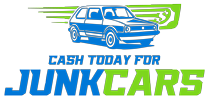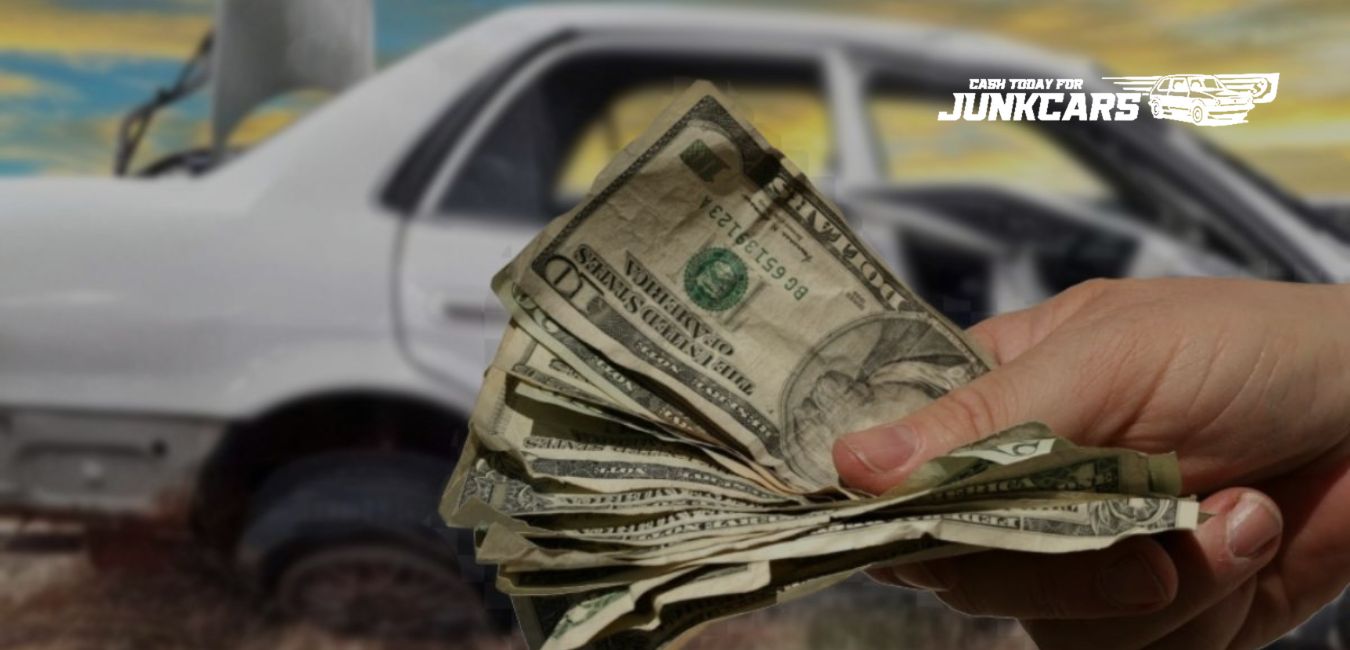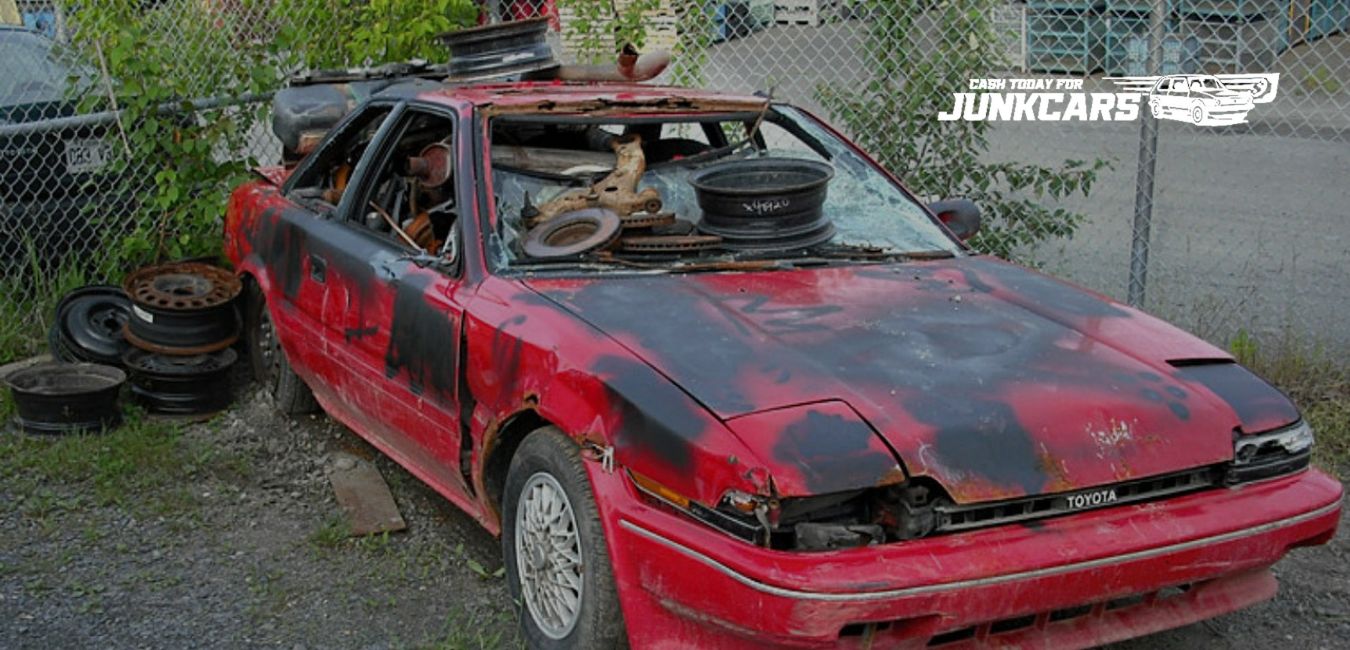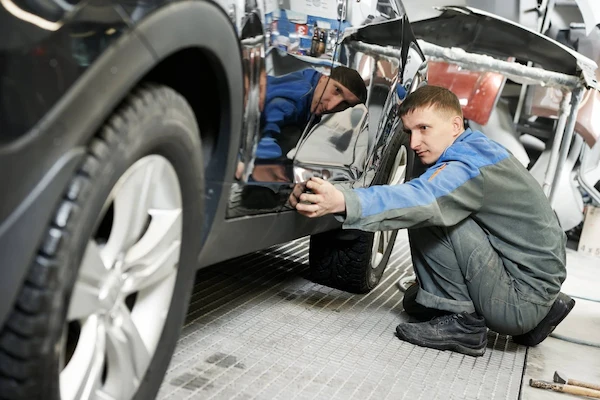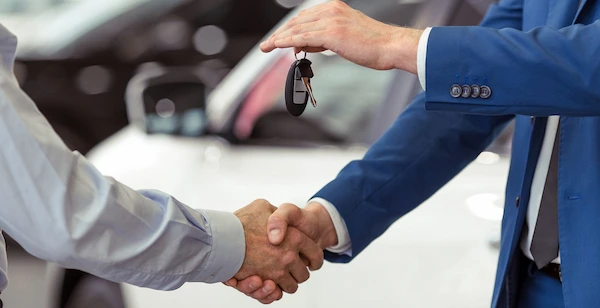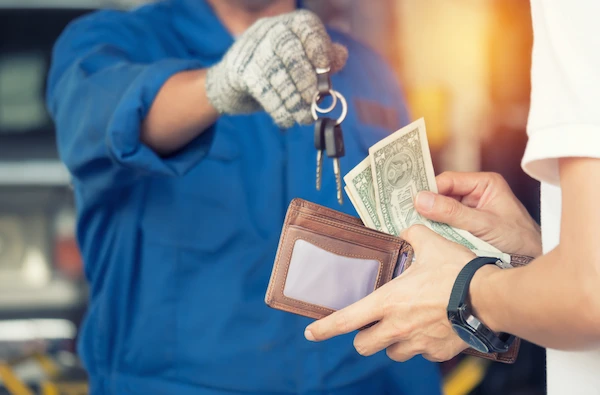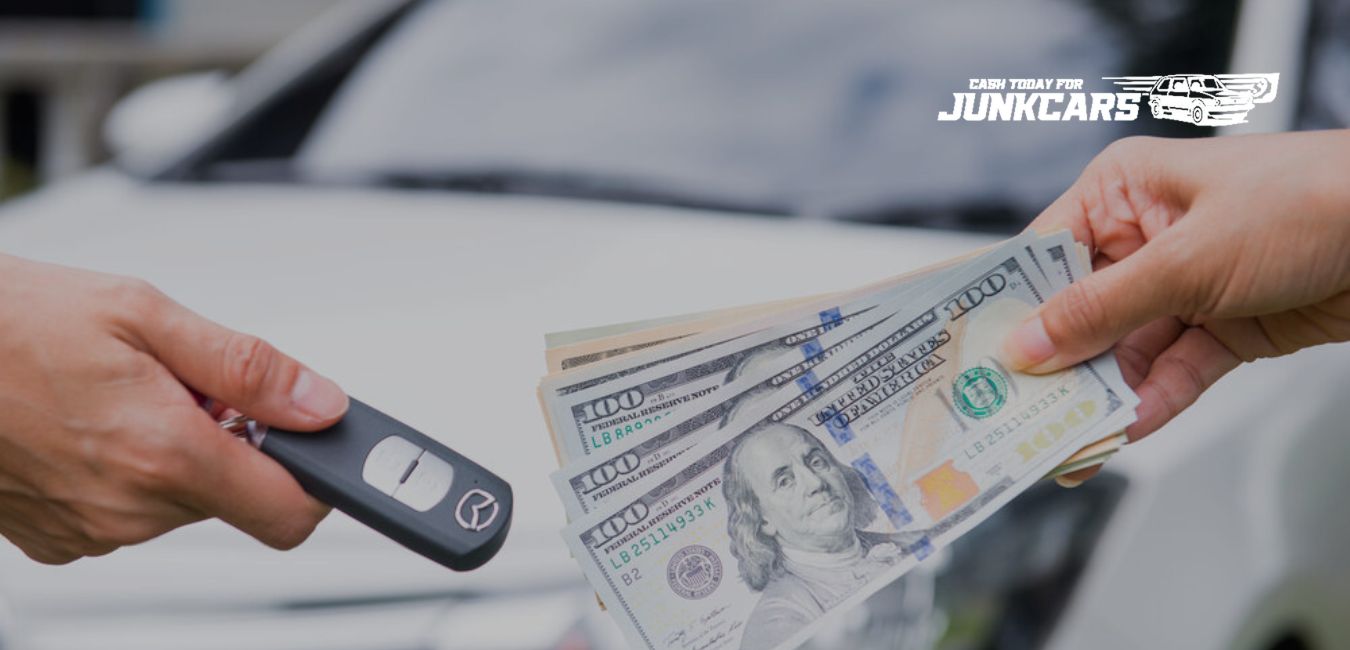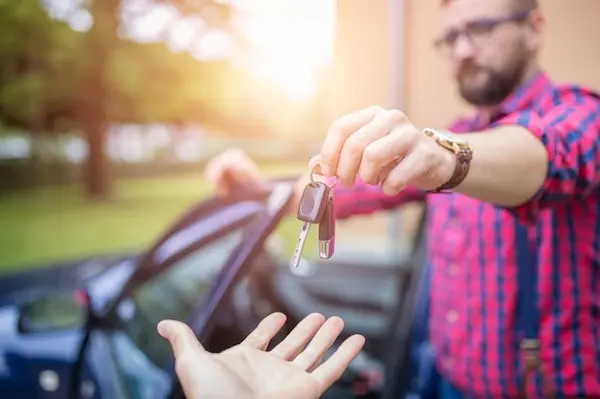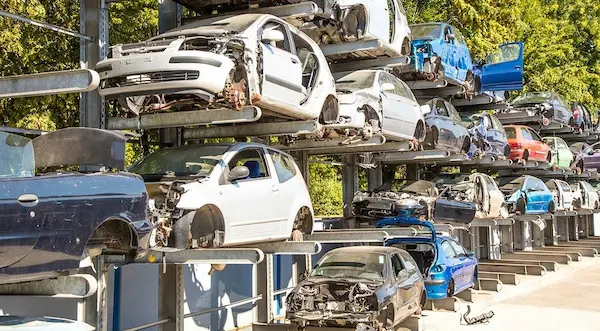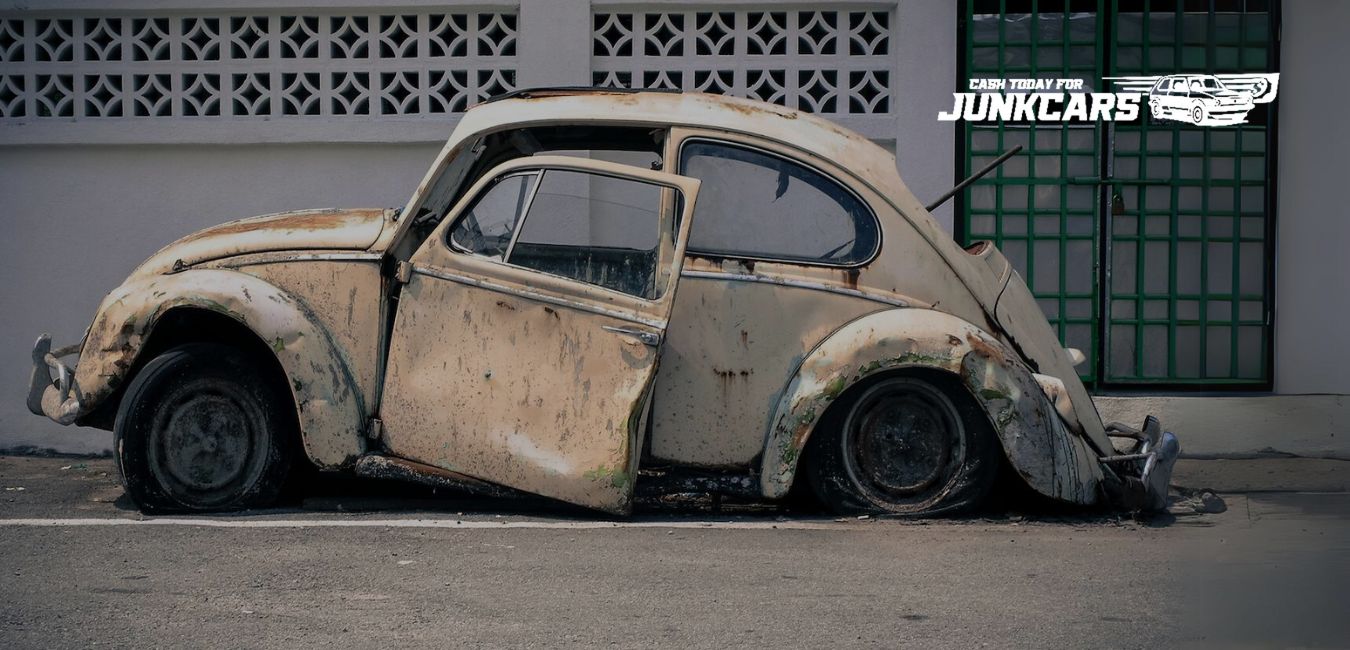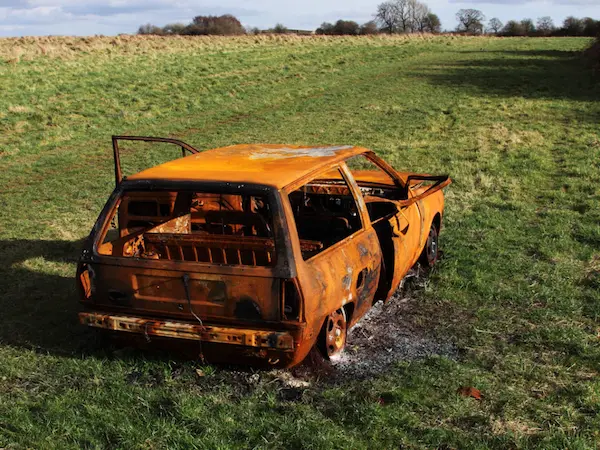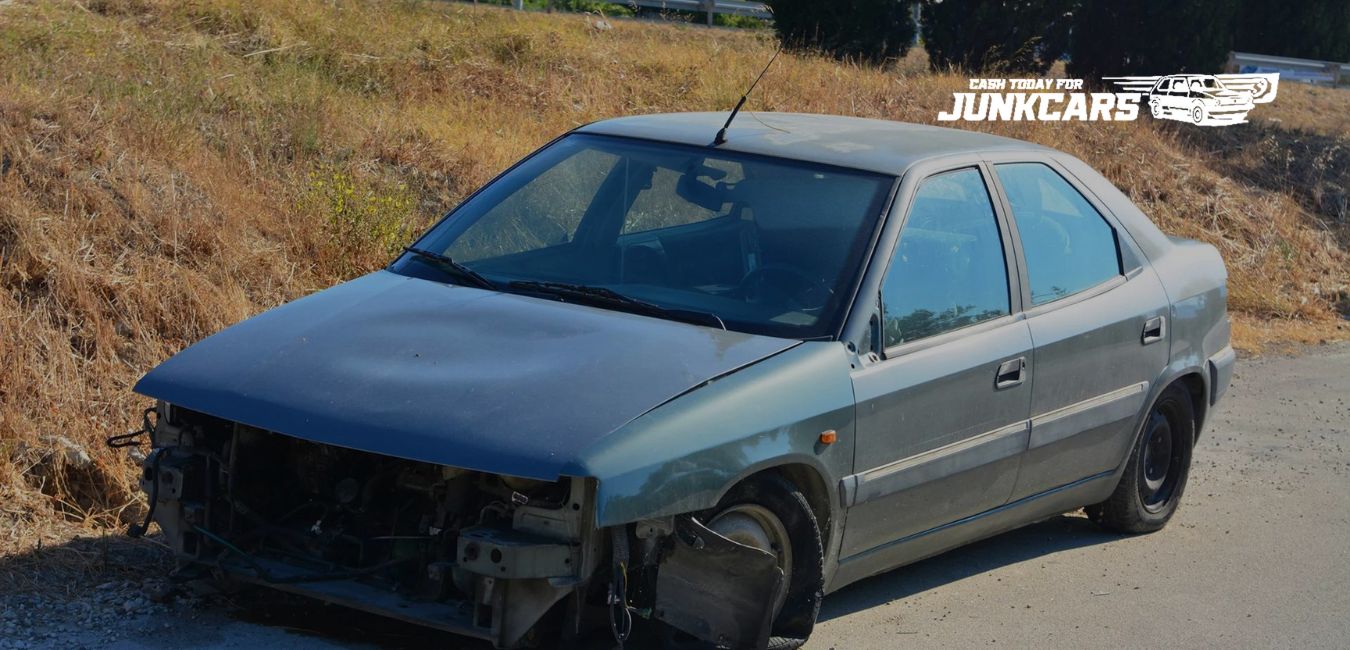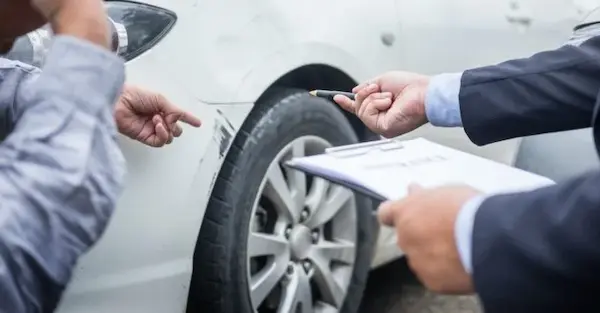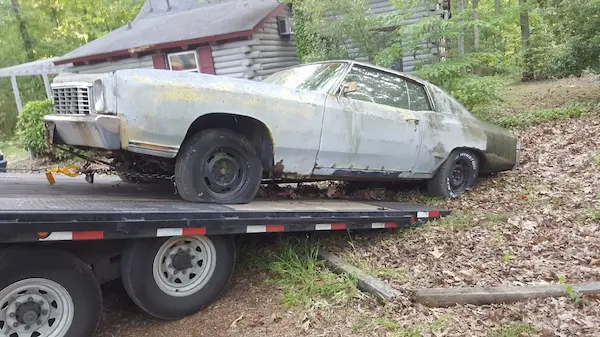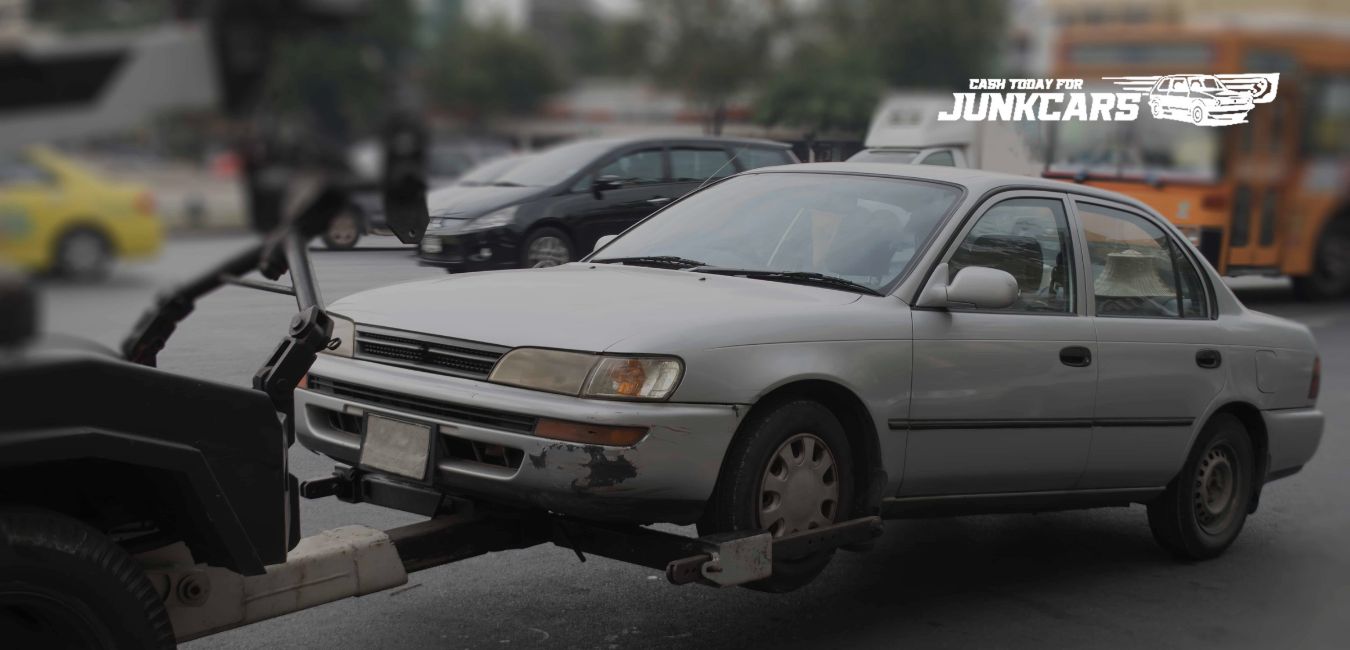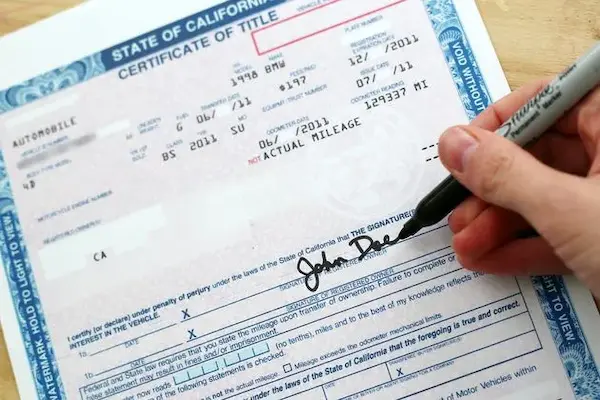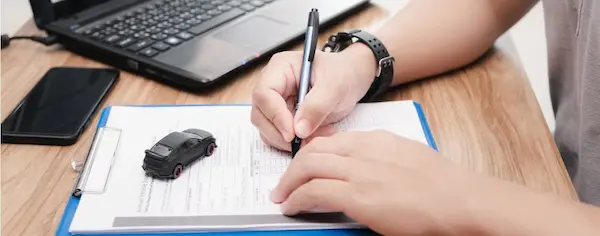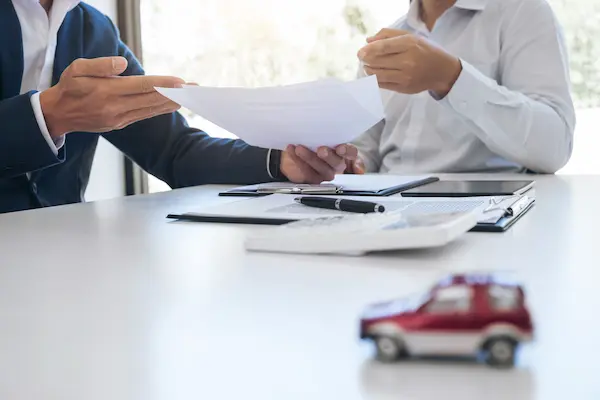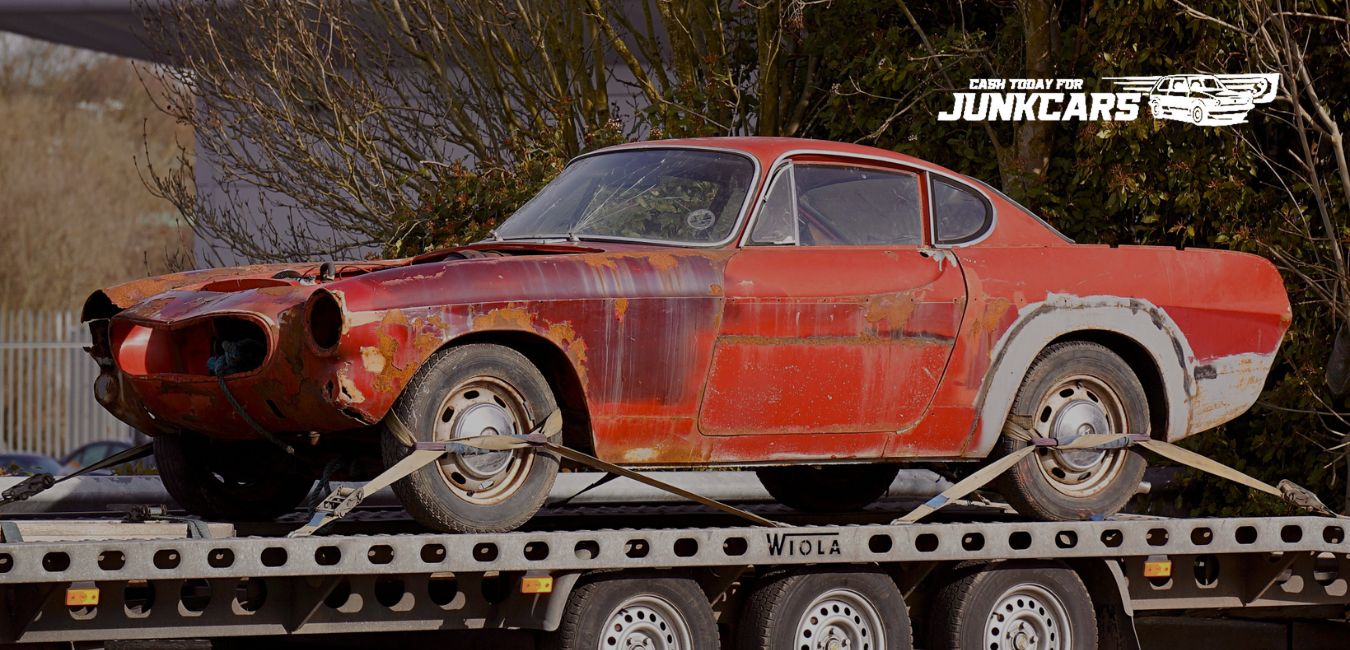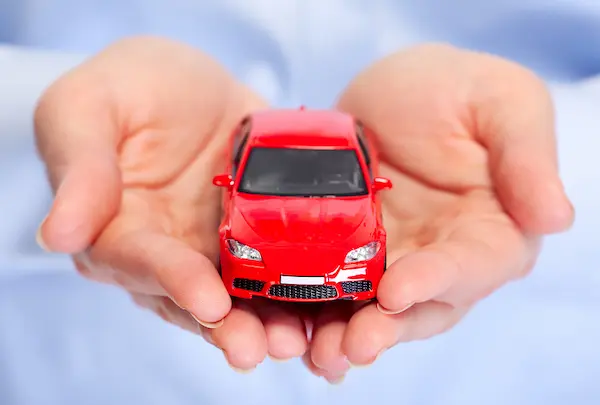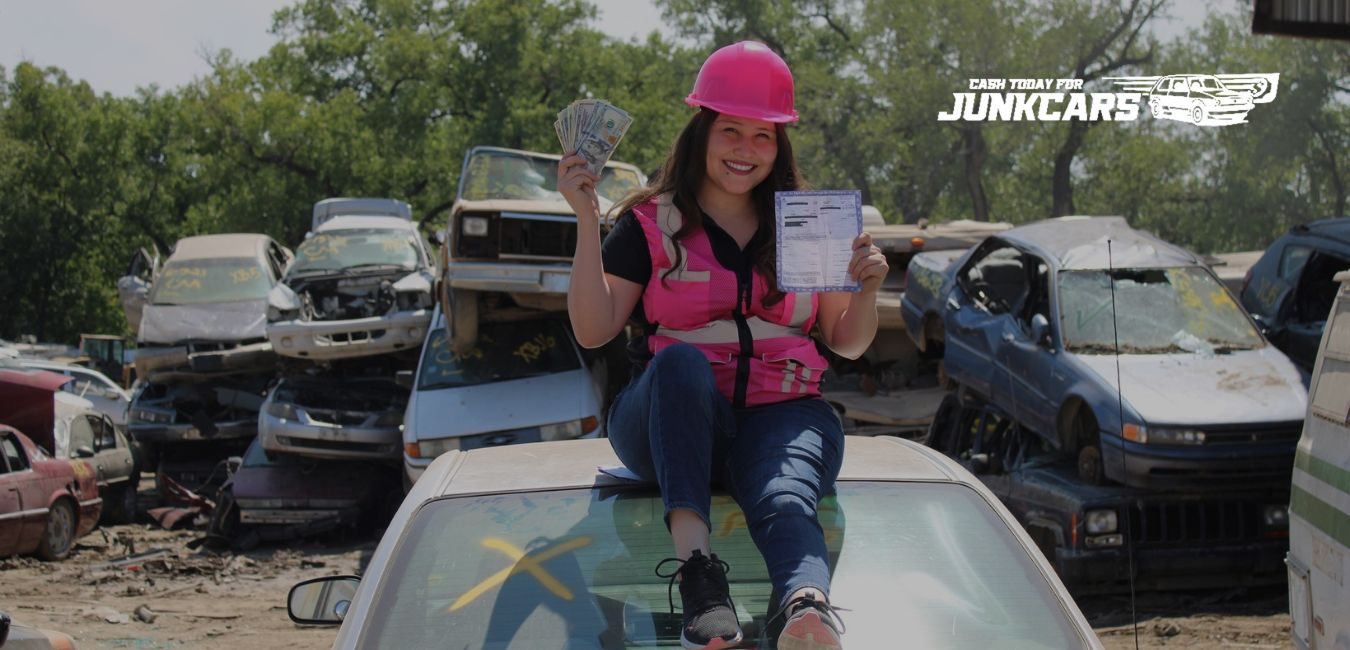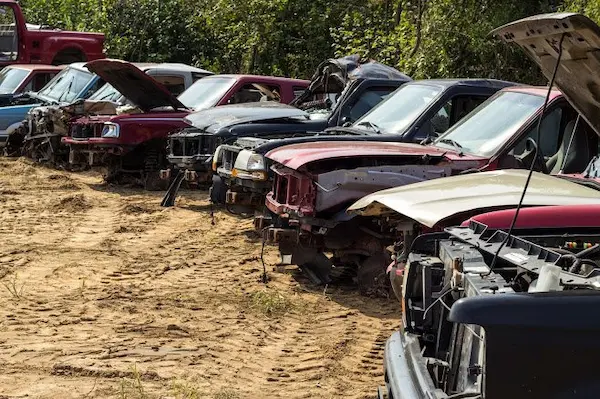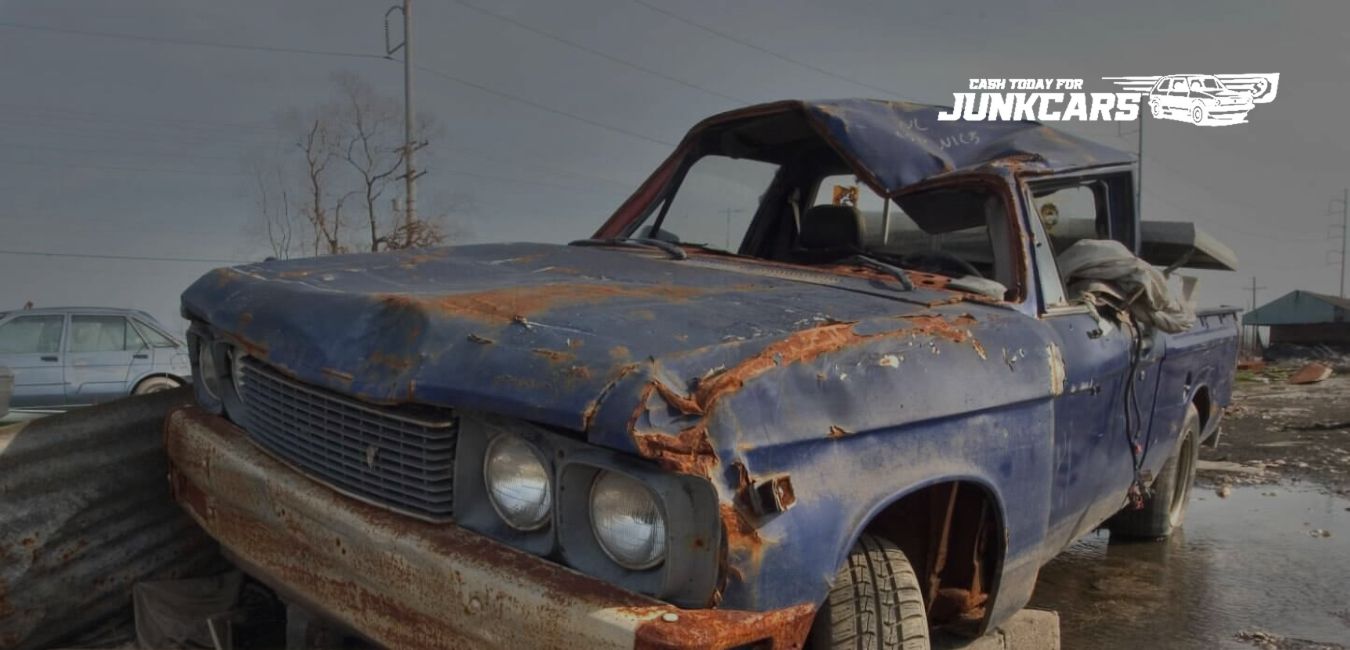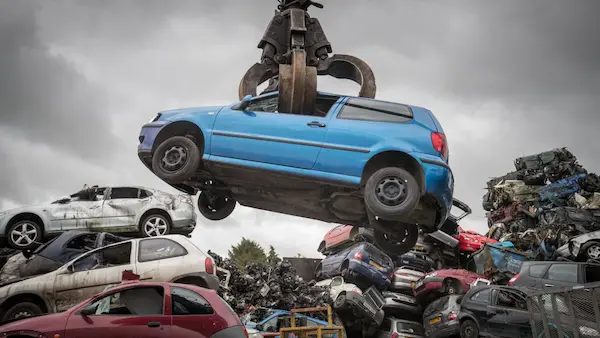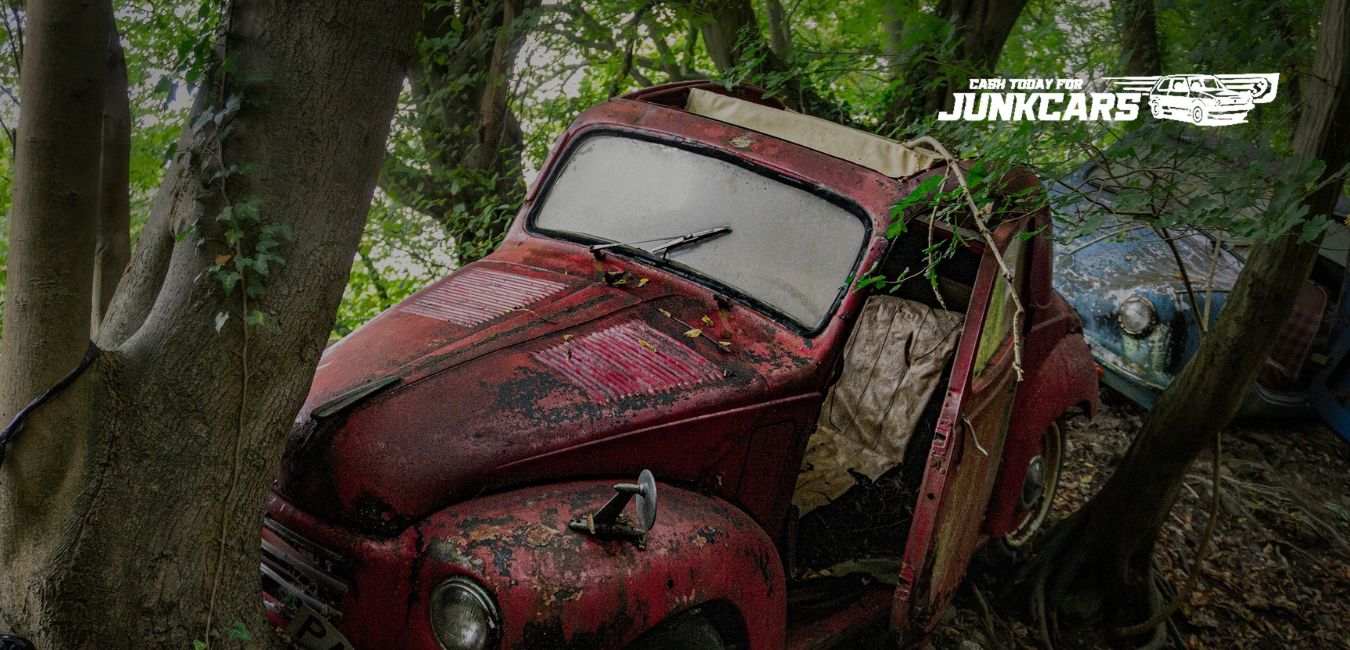What is the average price for a junk car? This question opens the door to unexpected treasure. Your old vehicle isn’t just a piece of junk; it’s a potential goldmine.
Many are surprised to learn that their decrepit cars can bring in a decent sum. As we delve into junk car valuations, you’ll discover the real worth of what’s been sitting in your yard.
This journey promises to turn your view of old cars upside down. In this article, we’ll uncover the secrets to getting the best price for your junk car.
Factors Affecting Junk Car Prices
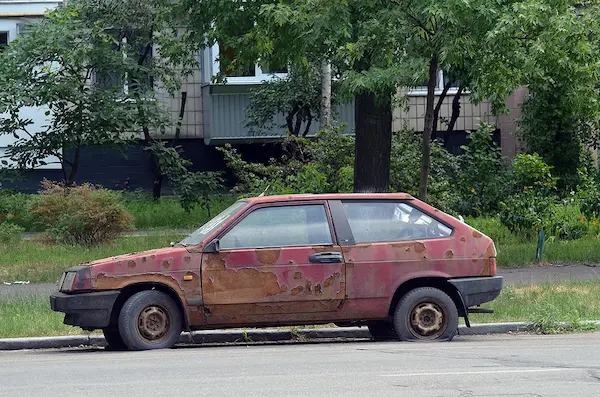
Vehicle Make And Model
The type and brand of your car play a big role in its value. Popular models often fetch higher prices due to demand. Luxury cars offer more cash, even as junk.
Remember, some brands and models are more sought-after, making them worth more even when no longer road-worthy.
Age And Condition
Older cars do not always mean less money. Classic cars are valuable. The car’s state matters, too. A running car often brings in more cash than one that doesn’t start. Dents, rust, and wear can lower the price.
However, a well-kept old car can surprise you with its value.
Location And Demand
Where you live affects junk car prices. High demand in your area means better prices. Urban areas with many buyers often offer more. Transport costs matter too. It fetches less if your car is far from scrap yards or buyers.
The local popularity of certain car types can also influence the price.
Scrap Metal Prices
Metal market values change and affect junk car prices. When metal prices are high, you get more cash. The car’s weight plays a part, too; heavier cars have more metal and thus are worth more.
Monitor the current metal market trends to gauge the best time to sell.
Salvageable Parts
Parts in good condition boost your car’s value. Components like GPS systems, alternators, or newer tires can be resold. Buyers look for cars with parts they can salvage and sell. The more usable parts your car has, the more it’s worth.
A car that’s a treasure trove of parts can command a higher price.
Average Prices Across The U.S
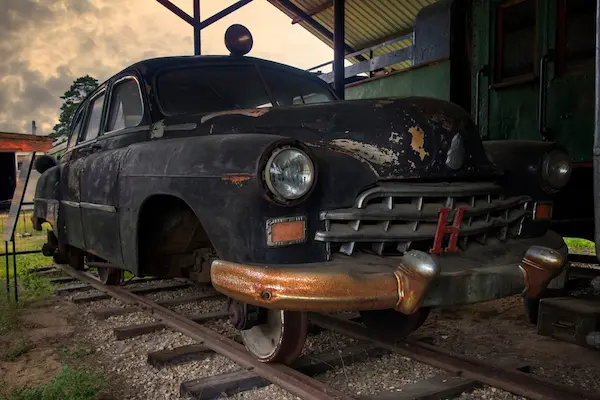
Regional Variations
Prices for junk cars vary across the U.S. Demand drives prices up in bustling cities, while rural areas offer less. The South and Midwest sometimes have lower prices due to different market demands.
Coastal regions pay more due to higher scrap rates. Your location plays a big part in what you’ll earn.
National Average
Across the country, the average price for a junk car can range widely, typically between $100 and $500. This average reflects various factors like car condition and market demand.
Remember, rare models or cars with valuable parts can exceed the average, bringing you a pleasant surprise when you sell.
Recent Trends
Lately, the junk car market has seen shifts. Prices fluctuate with scrap metal values and demand for parts. Economic factors can affect what buyers are willing to pay. However, even in changing markets, there’s always a demand for junk cars.
Keeping up with these trends can help you find the best time to sell.
How To Determine Your Car’s Value
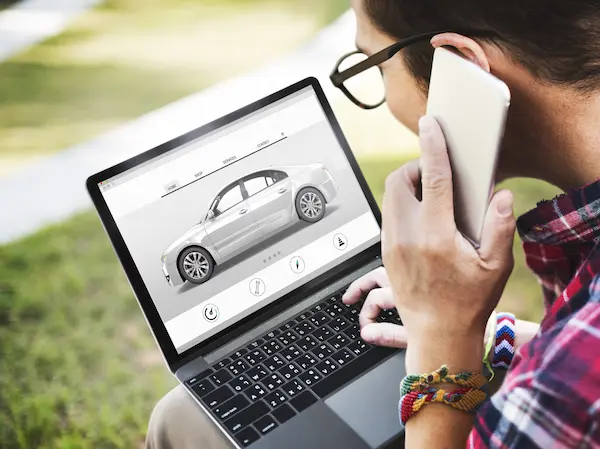
Research Online Resources
Start with websites like Kelley Blue Book or Edmunds to estimate your car’s worth. Browse classifieds for price ideas on similar junk cars. Understanding scrap metal prices, especially for copper, steel, and aluminum, helps too.
This approach sets a solid foundation for knowing your car’s potential value.
Get Multiple Quotes
Reach out to local junkyards and salvage yards for personalized quotes. These places often see value where others don’t. Don’t just settle for one offer; compare several. Use your research as leverage when negotiating.
Remember, your car’s unique features, like valuable parts, can boost your bargaining power and possibly your final price.
Consider Local Factors
Your location influences your car’s value. High scrap metal demand in your area can mean better prices. Consider how far junkyards are, as towing costs can impact your offer.
Remember, busy urban areas pay more due to higher demand, while rural spots offer less. Location matters in the junk car game.
Calculate The Value
Combine your online research, quotes, and local insights to gauge your car’s worth. Assess its condition honestly. Major damages or missing parts lower the value, but don’t overlook valuable components. Be realistic and informed when setting your expectations.
This holistic view helps you understand what your junk car is worth in the market.
FAQs
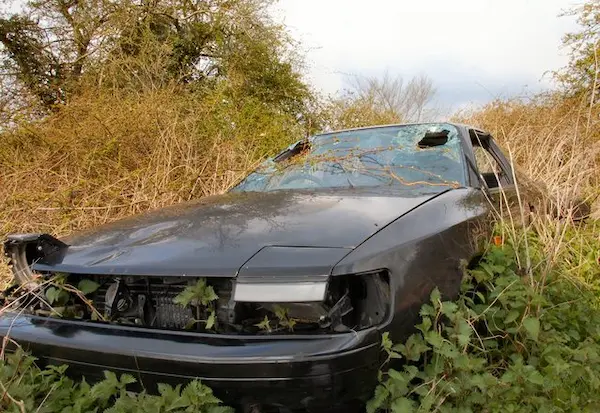
1. Who Pays The Highest Price For Junk Cars?
Typically, specialized junk car buyers or salvage yards offer the highest prices. They recognize the value of various car parts and materials. Checking with several local buyers lets you find the best deal, as they all have different needs and offers.
2. What Are The Latest Prices For Scrap Cars?
Scrap car prices fluctuate based on metal market trends. Recently, they range broadly from $100 to $500. For current rates, check online scrap marketplaces or contact local yards. Prices can vary daily, so it’s smart to watch the latest figures.
3. What Is The Most Expensive Part Of Scrap Car?
The engine often holds the most value in a scrap car, especially if it’s working. Other valuable parts include the catalytic converter, GPS system, and sometimes the car’s battery.
These components can significantly increase the overall price you get for your junk car.
What Is The Average Price For A Junk Car: Wrapping Up
Understanding what is the average price for a junk car helps you make smart choices when it’s time to say goodbye to your old ride. While prices vary, knowing you can still get cash for an old car is reassuring.
Always do some homework, compare offers, and consider your car’s unique qualities. With this knowledge, you’re ready to make the best deal possible.
Remember, your junk car is more than just an old vehicle; it’s an opportunity to gain extra cash and clear up some space!

